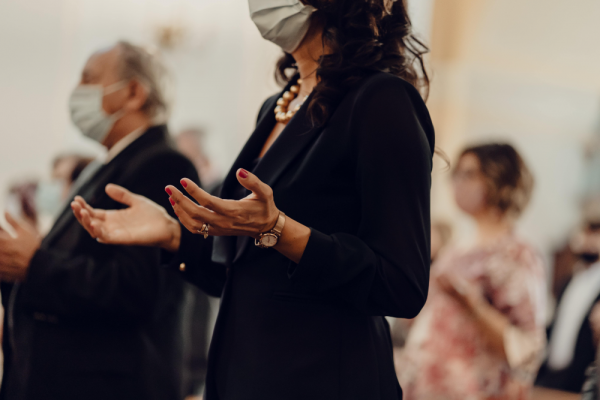May 19, 2021
The new CDC guidance has also prompted many pastors and faith leaders to revisit their own masking and social distancing guidelines for worship. But as an immunocompromised person, I want churches to know that if you choose to allow your congregation to unmask now, before we have any sort of herd immunity, you are asking immunocompromised people to choose between risking their lives or being excluded from church.
Read the Full Article

Already a subscriber? Login
